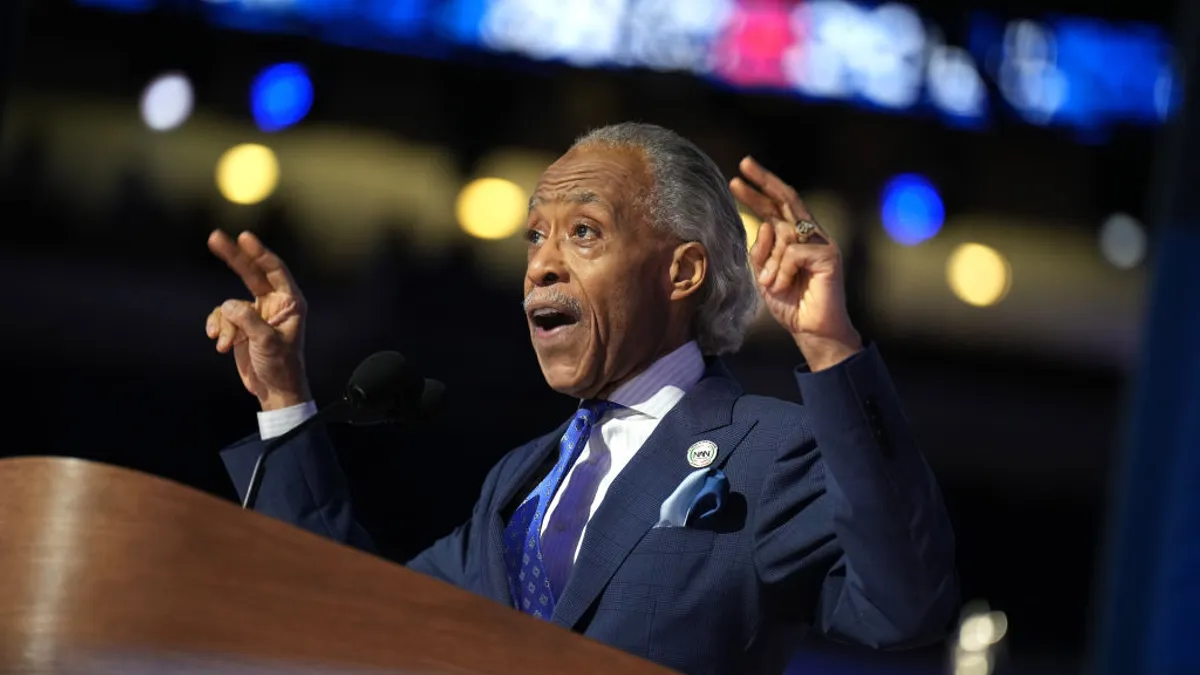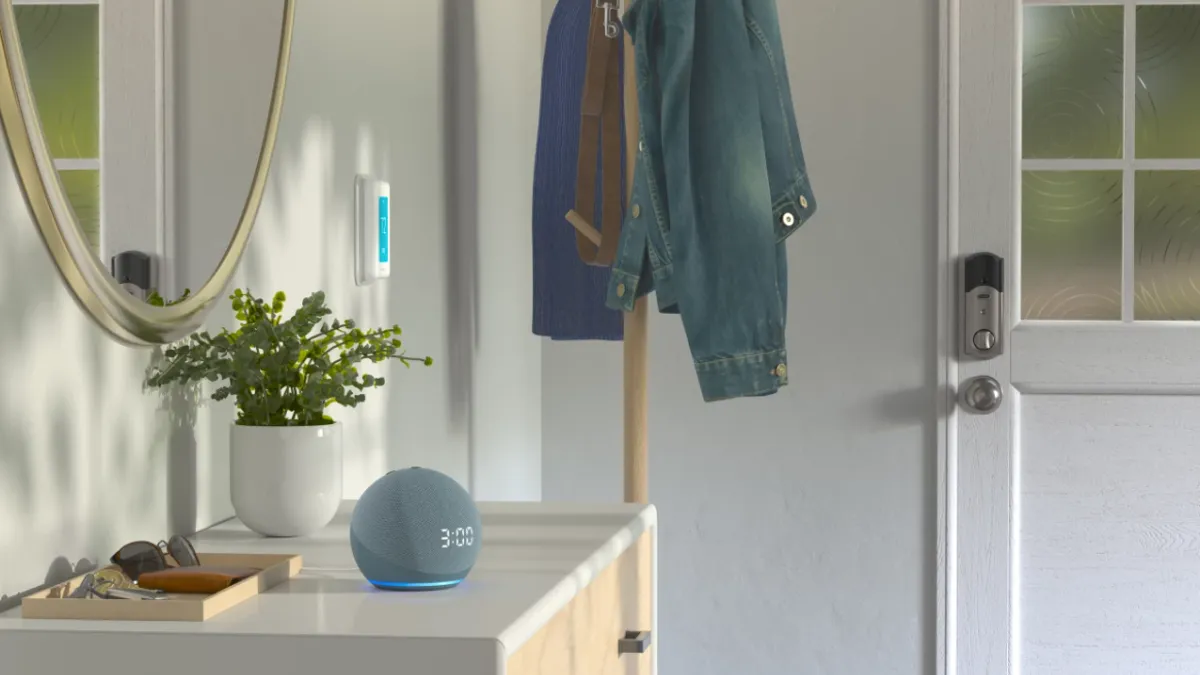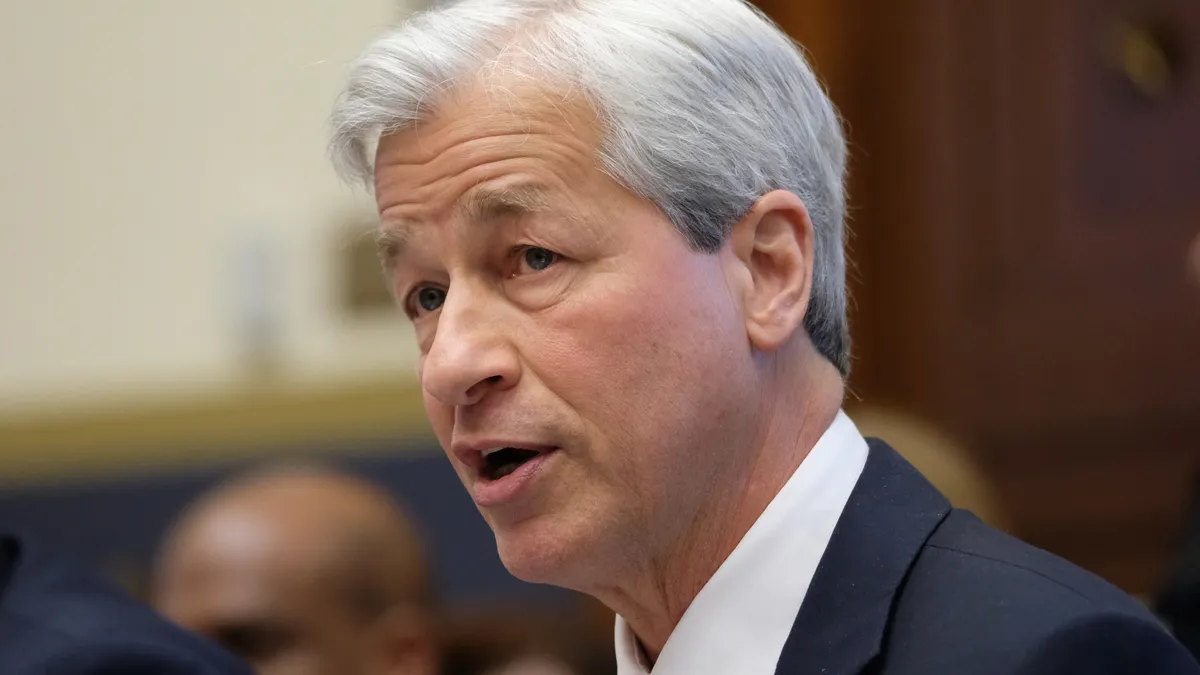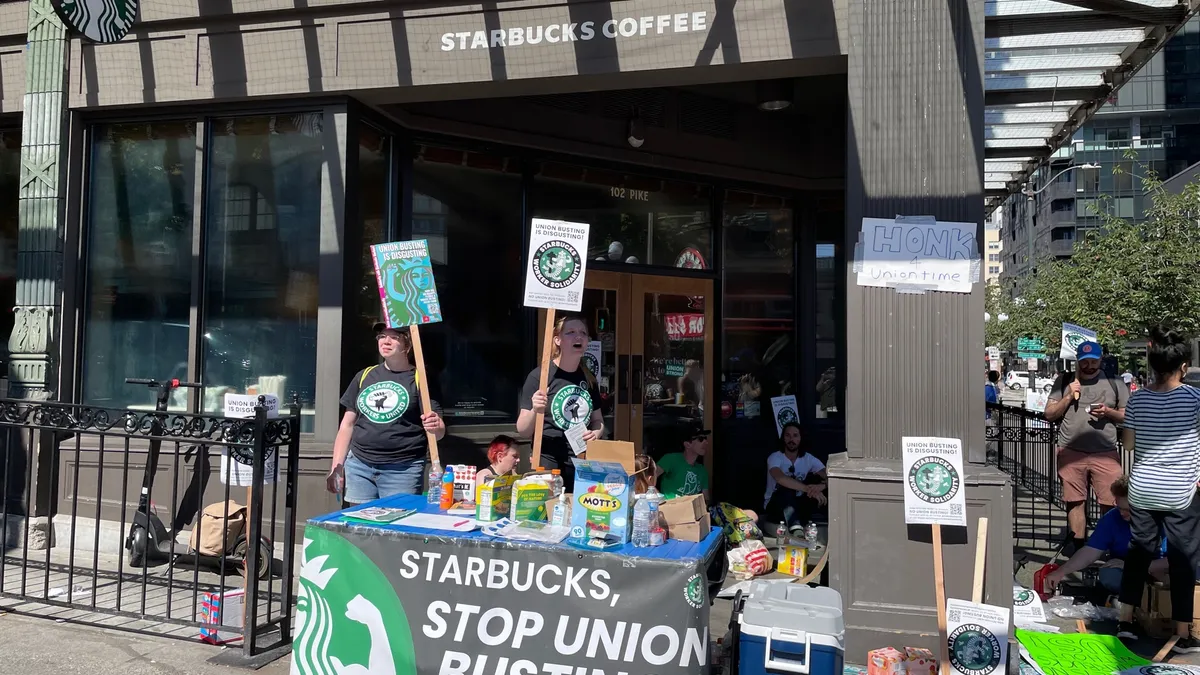Highlights
Becky Cantieri
Chief People Officer at SurveyMonkeyWe always entered into this with the intention of sharing our findings and sharing our template with other people.
Credentials:
Cantieri worked in sales at Nordstrom before moving into HR at Yahoo!, where she helped complete 35 acquisitions. Former SurveyMonkey CEO Dave Goldberg hired her to be head of HR at his company in 2011.
Biggest move made:
Cantieri extended benefits typically reserved for employees to contract workers.
Overcame hardship:
Along with other SurveyMonkey leaders, Cantieri led the company through a period of grief after the sudden and tragic death of former CEO Dave Goldberg.
When Becky Cantieri read through the results of SurveyMonkey's annual open enrollment survey last year, one comment caught her attention. "Someone had very specifically called out three of our janitorial service workers by name," said Cantieri, SurveyMonkey's chief people officer. "They posed the question, 'What kind of benefits do they have? Are they on par with what we offer SurveyMonkey employees?'" That launched the "vendor benefit journey," as Cantieri called it, that resulted in SurveyMonkey's extending benefits to janitors, kitchen staff and its other contractors in April 2018.
Cantieri loves to work on this kind of project, one that unites people and business and creativity. In fact, those three forces have pulled her toward a career in HR since she started her undergraduate work. Since she joined SurveyMonkey as head of HR in September 2011, the company has rolled out initiatives like its 16-week paid New Parent Leave, its Diversity and Belonging and its benefits for gig workers. Those programs, Cantieri said, serve multiple purposes.
"It is beneficial to us, certainly, to do these things inside of SurveyMonkey, and we have a great opportunity to test so many of these things, but we always want to pay it forward in our industry and either enable or teach others how to do it as well," Cantieri said. "We always entered into this with the intention of sharing our findings and sharing our template with other people."
Cantieri and her team carried this idea through as they created SurveyMonkey's diversity and belonging template. They started by partnering with Carol Dweck, a professor of psychology at Stanford University, who coined the term growth mindset during her research. "We really relied heavily on them in their expertise in our initial survey," Cantieri said. "Once we did that and tested it out on our own employees, we learned a ton." SurveyMonkey employees reported that they feel valued for the work they do, that they feel like their company supports them.
The survey also found that employees didn't understand how the company dealt with any concerns raised by employees. "We worked to build an employee escalation toolkit that laid out with great transparency what happens when a concern is brought forward, how we look into and investigate, and certainly ensured that we closed the loop and appropriately shared the resolution to that concern with the employee who brought it to our attention," Cantieri said. SurveyMonkey also installed an anonymous ethics hotline through which employees could voice their worries.
"One of the most refreshing things to me at SurveyMonkey is working using our [own] product, whether it's belonging and inclusion surveys or SurveyMonkey Engage, it has really fundamentally changed the way I operate as an HR leader," Cantieri said. "It has enabled me to have conversations at scale with the people that matter most."
SurveyMonkey launched its inner-company diversity and inclusion initiative in 2017 and opened the template to businesses in the summer of 2018. But Cantieri credits Dave Goldberg, SurveyMonkey's former CEO with "deeply ingraining the importance of diversity and inclusion deeply into our culture," she said.
Goldberg also taught SurveyMonkey about resilience, Cantieri said. When Goldberg died suddenly and tragically in May 2015, the company had no guidelines to show them the way forward in the wake of his passing, Cantieri recalled. "The single biggest learning is about resilience and the resilience of an organization, the resilience of a team and the resilience of individuals who came here specifically to work with him, to continue on regardless of that challenge," Cantieri said.
SurveyMonkey's leadership took an approach of total transparency following Goldberg's death. "We acknowledged in front of all employees that this was a tremendous loss and that as a leadership team, we were pretty devastated by the loss, and that we were going to take the time to grieve and take care of each other for a period of time," Cantieri said. "We got through the service. We got through supporting employees and one another. We brought onsite [employee assistance programs]. We really just let people go through this cycle of grief. That was our initial path. And then we moved onto business as usual."
As Cantieri continues to unite people, business and creativity, she'll face an industry being transformed by developing tech and a shifting work environment. HR isn't what it used to be, nor will it stay the same for long.
"No longer is HR a support function where we're responsible for payroll and just more of those tactical elements of the employees' experience," Cantieri said. "We're helping to shape differentiated employee experiences that are part of our secret sauce, part of how we compete for talent in a very competitive marketplace."
Read More
-
SurveyMonkey's latest weapon in the war for talent: Benefits for gig workers
By Riia O'Donnell • June 7, 2018 -
A Silicon Valley company is offering contract workers full benefits
By Valerie Bolden-Barrett • April 26, 2018



















